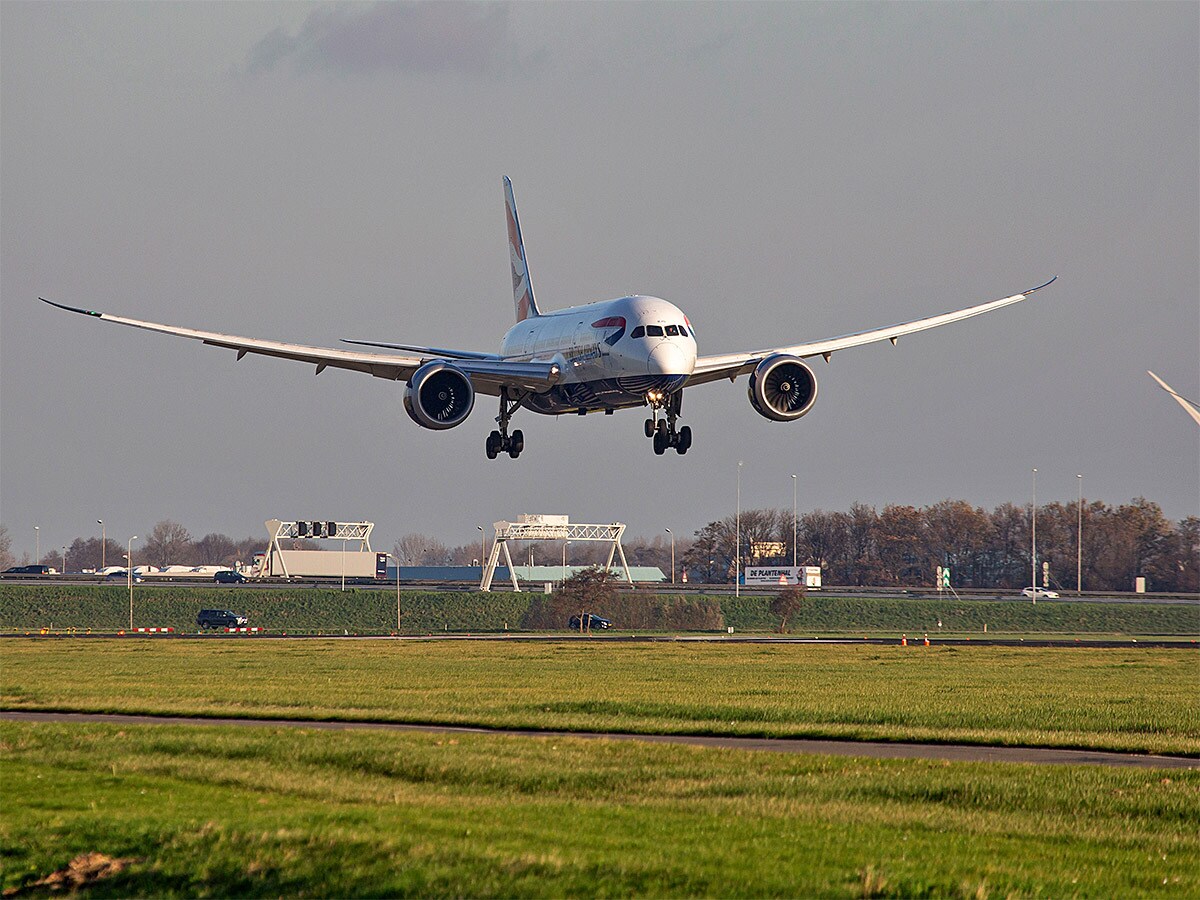With thousands of flights being delayed or cancelled as airports struggle to keep up with rising demand, IAG has had a difficult few months. The company’s second quarter earnings, which are due on 29 July, should provide an update on how it plans to cope with the surge in passenger numbers and other economic headwinds.
UK-Spanish airline holding group IAG [IAG.L], which owns British Airways, Iberia and Aer Lingus, is preparing to announce second quarter earnings on 29 July amid rising costs, staff shortages and continued disruption.
Earlier this month, British Airways announced it would be cancelling 10,300 short-haul flights between August and October. Chief executive Luis Gallego has blamed the UK government for the chaos and back in June urged ministers to do more to help the operators.
“They have said the problem was that we overbooked and didn’t forecast demand, but forecasting demand is one thing we as airlines know how to do,” Gallego told The Sunday Times. “The more difficult thing has been to forecast what the government is going to do.”
The chaos has contributed to the IAG share price’s slide. It set a 52-week low of 102.14p on 12 July, perilously close to falling into penny stock territory, and is trading at its lowest level since October 2020. The stock has fallen 20.6% since the start of the year to 113.16p at the close on 26 July.
Investors will be hoping that the Q2 earnings report on 29 July will help the IAG share price to take off.
Q1 demand showed signs of recovery
When the company reported Q1 earnings back in May, IAG was just coming out of an omicron tailspin. The Covid-19 variant had a negative short-term impact on the operating result (EBTI), cancellations and bookings in January and February.
Passenger capacity for the three months to the end of March was up 65% of Q1 2019 capacity and up 58% from Q4 2021. It made an operating loss of €731m, a significant improvement on the €1.08bn loss in the year-ago quarter.
“Premium leisure continues to be the strongest performing segment and business travel is at its highest level since the start of the pandemic… As a result of the increasing demand, forward bookings remain encouraging. We expect to achieve 80% of 2019 capacity in the second quarter,” Gallego said. “Demand is recovering strongly in line with our previous expectations. We expect to be profitable from the second quarter onwards and for the full year.”
Revenue in the quarter more than tripled to €3.4bn from €963m in the year-ago quarter. However, costs doubled from €2.45bn to €4.16bn.
Improved Q2 traffic levels expected
Investors will be holding their breath that the group does indeed turn a profit in the three months to the end of June and that the summer travel chaos hasn’t impacted costs too much. The company is targeting positive net cash flow from operations this year.
According to IAG’s own guidance, analysts are forecasting its Q2 operating profit to be between €28m and €474m. The average of the 22 estimates is €208m.
Analysts at UBS have estimated that IAG’s numbers will show it’s “benefitted from improved traffic levels, amounting to a 70% sequential increase,” according to a client note seen by Proactive Investors. They’re estimating that revenue will rise to around €5.2bn, which would be a rise of 136% on the €2.2bn reported in Q2 2021.
“We expect investor focus will be on forward bookings [and] yields, resolution of staffing [and] disruption issues, capacity redeployment, cash burn rate, hedging of fuel and the financial position of the balance sheet,” the UBS analysts added.
Even if IAG does meet and exceed its targets, the airline group needs to work to deleverage its balance sheet. Like many companies in the industry, it accumulated a mountain of debt during the pandemic and raised €2.75bn from shareholders towards the end of 2020.
“A lot of the cash that was raised through debt is sitting on the balance sheets,” Jonathan Root, senior vice-president at Moody’s, told the Financial Times earlier this month.
IAG has three ‘buy’ ratings and four ‘hold’ ratings, according to MarketBeat data. The consensus target price on the stock is 175.46p, representing an upside of 55% from the 26 July closing price.
Continue reading for FREE
- Includes free newsletter updates, unsubscribe anytime. Privacy policy





